A BOTH/and VISION FOR COMMUNITY SAFETY AND POLICE REFORM
Minneapolis is at an inflection point. Two days in June 2020 created distinct paths on community safety that continue to define how to move our city forward. On a Saturday afternoon last summer, Mayor Frey was confronted by a large group of activists at his home. They demanded he commit to defunding and abolishing the police department, and the mayor refused while citing the need for deep, structural reform and greater accountability.
The very next day, a veto-proof majority of the Council said yes to the same questions, leading to the proposed charter amendment on this year’s ballot. We shouldn’t have to be divided on this vital issue. On a wide variety of reform measures, there’s broad consensus and Mayor Frey is calling on elected officials and candidates to reject abstract talking points and join him in making real change—which can be achieved by a Minneapolis city government united in purpose, without the passage of Question 2 on the November ballot.
Integrate ongoing community safety work | Invest in community-oriented officers | Expand alternatives to policing | Pursue real reform together
(click to jump to section)

